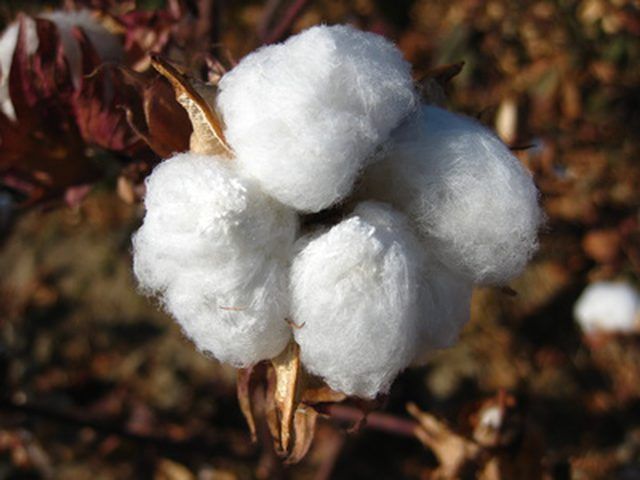Bulbs
Flower Basics
Flower Beds & Specialty Gardens
Flower Garden
Garden Furniture
Garden Gnomes
Garden Seeds
Garden Sheds
Garden Statues
Garden Tools & Supplies
Gardening Basics
Green & Organic
Groundcovers & Vines
Growing Annuals
Growing Basil
Growing Beans
Growing Berries
Growing Blueberries
Growing Cactus
Growing Corn
Growing Cotton
Growing Edibles
Growing Flowers
Growing Garlic
Growing Grapes
Growing Grass
Growing Herbs
Growing Jasmine
Growing Mint
Growing Mushrooms
Orchids
Growing Peanuts
Growing Perennials
Growing Plants
Growing Rosemary
Growing Roses
Growing Strawberries
Growing Sunflowers
Growing Thyme
Growing Tomatoes
Growing Tulips
Growing Vegetables
Herb Basics
Herb Garden
Indoor Growing
Landscaping Basics
Landscaping Patios
Landscaping Plants
Landscaping Shrubs
Landscaping Trees
Landscaping Walks & Pathways
Lawn Basics
Lawn Maintenance
Lawn Mowers
Lawn Ornaments
Lawn Planting
Lawn Tools
Outdoor Growing
Overall Landscape Planning
Pests, Weeds & Problems
Plant Basics
Rock Garden
Rose Garden
Shrubs
Soil
Specialty Gardens
Trees
Vegetable Garden
Yard Maintenance
What Is Bt Cotton?
What Is Bt Cotton?. According to the University of Tennessee's Agricultural Extension, Bt Cotton is a genetically modified cotton crop that has one or two genes of a soil bacterium inserted into the seeds of cotton. Bt Cotton is described by the University of Tennessee as producing insecticidal proteins and toxins that reduce the amount of cotton...

According to the University of Tennessee's Agricultural Extension, Bt Cotton is a genetically modified cotton crop that has one or two genes of a soil bacterium inserted into the seeds of cotton. Bt Cotton is described by the University of Tennessee as producing insecticidal proteins and toxins that reduce the amount of cotton lost to insects.
History
Bt Cotton seeds were introduced by Bollgard Cotton, a trademark of the Monsanto group. Bt Cotton was first introduced to the U.S. in 1996 according to the University of California San Diego and was aimed at reducing the effects of the tobacco budworm and the pink bollworm. Tests began at the same time around the world on crossing the American Bt Cotton seeds with cotton produced in other countries, including India, according to the Science & Development Network. Later versions of Bt Cotton were introduced in 2003 and 2004 aimed at reducing the impact of a wider range of insects than the original version.
Bacterium
The University of California San Diego describes Bt Cotton as containing a bacterium called Bacillus Thuringiensis (Bt). The spores of Bt produce crystal proteins which are toxic to many forms of insects, leading to its use as an insecticide. The University of California San Diego reports Bt is found throughout the world in a variety of soils in very small amounts producing thousands of different strains of Bt. The University of California San Diego reports Bt does not produce food poisoning proteins, Despite being a member of the food poisoning Bacillus Cerus family of bacterium; Bt Cotton has a very small chance of cross contamination due to its lack of use in food production.
Benefits
The benefits provided by Bt Cotton are explained by the University of California San Diego as including a reduced cost per acre of between $25 and $65 in the years of 1996 to 1998 from the spraying of insecticides. Bt Cotton crops are estimated by the University of California San Diego to have yielded around 5% more cotton than traditionally grown cotton crops planted during the same time period.
Problems
According to the Science and Development Network, Bt Cotton crops in India are being affected by the bollworm that is becoming resistant to the Bt toxins and proteins produced by Bt Cotton. Bt Cotton is one of the 21 genetically modified crops introduced to 21 countries around the world by 2006. Four of the 21 crops are reported by the Science and Development Network to have been affected by insects resistant to the insecticides initially introduced to the crops.
Insecticide
The insecticide introduced to each version of Bt Cotton is reported by the University of California San Diego to be created to be specific to the insect at which it is aimed. The use of Bt Cotton as an organic form of insecticide is commonly used in organic farming and in aerial spraying of urban areas.